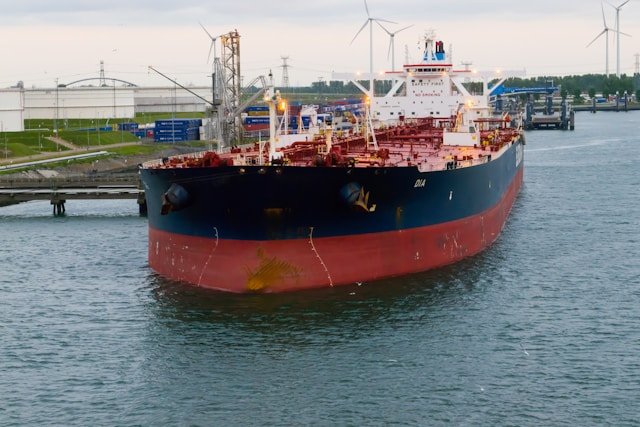In the recurring saga of geopolitical tensions, Iran’s recent seizure of a South Korean oil tanker in the Persian Gulf has sent ripples across the diplomatic spectrum. This act, amidst an environment of sanctioned economic pressures and nuclear discourses, spotlights the ongoing maritime conflicts fundamental to the region’s geopolitical dynamics. Iran’s actions are partially in response to frozen assets in South Korean banks, due to American sanctions on Iranian oil projects. This financial standoff accentuates the complexity of international sanction policies and their reverberating outcomes on bilateral relations. Historically, the Persian Gulf has been a hotspot for strategic control and resource passage, framed by its pivotal role in global energy distribution. This region’s stability, or lack thereof, holds far-reaching implications on oil markets and international relations. Iran’s move not only signifies a pushback against perceived economic strangulation but also a broader message of resistance against external pressures. The seizure of the oil tanker stands as a stark reminder of the Persian Gulf’s fragile peace, under constant threat from political, economic, and territorial disputes. South Korea, caught in this quandary, emphasizes diplomatic avenues to resolve the issue, reinforcing alliances with Western powers while advocating for de-escalation. The Iranian regime’s tactics, however, underline broader narratives of sovereignty defense, interpreted by regional analysts as a signal of national pride against foreign intervention. As global powers watch cautiously, this incident adds to the intricate chess game of Middle Eastern geopolitics, where resource control, nationalism, and diplomacy intersect to shape the narrative.
Embed from Getty ImagesPerspectives
Perspective 1: Energy analysts focus on the implications of the tanker seizure on global oil markets. The Persian Gulf’s role as a central hub in the oil supply chain makes it extremely sensitive to geopolitical developments. Disruptions in this region can lead to volatility in oil prices, affecting global economies. Analysts discuss how actions like Iran’s create supply uncertainties, prompting oil-consuming nations to consider alternative sources like US shale or renewable energy investments. This incident serves as a reminder of the complex interdependencies in international energy markets due to geopolitics.
Sources:
Reuters
EURACTIV
Perspective 2: International relations experts view the seizure through the lens of Iran’s diplomatic strategies amidst sanctions pressure. Iran’s maritime actions are tactics to elicit negotiations over frozen assets and sanctions relief, employing high-stake manoeuvres to bring international focus. This strategy is juxtaposed with Iran’s broader narrative of self-reliance against Western influence, reflecting a dual approach of defensive posture mixed with diplomatic signaling. Analyses centre on how these acts impact Iran’s relationships with not only South Korea but international stakeholders, balancing confrontation with diplomatic leverage.
Sources:
Foreign Affairs
Aljazeera
Perspective 3: Security analysts highlight the strategic positioning of Iran in maintaining dominance over the Strait of Hormuz, where much of the world’s oil passes. The geopolitical importance of this area makes it a focal point for conflicts and power demonstrations by Iran. The country’s ability to control shipping lanes and influence maritime security has been a long-term strategy amidst regional rivalries. Security assessments often emphasize the capability demonstration intended by such actions, showcasing Iran’s influence over critical chokepoints in regional power balances.
Sources:
CSIS
Janes
